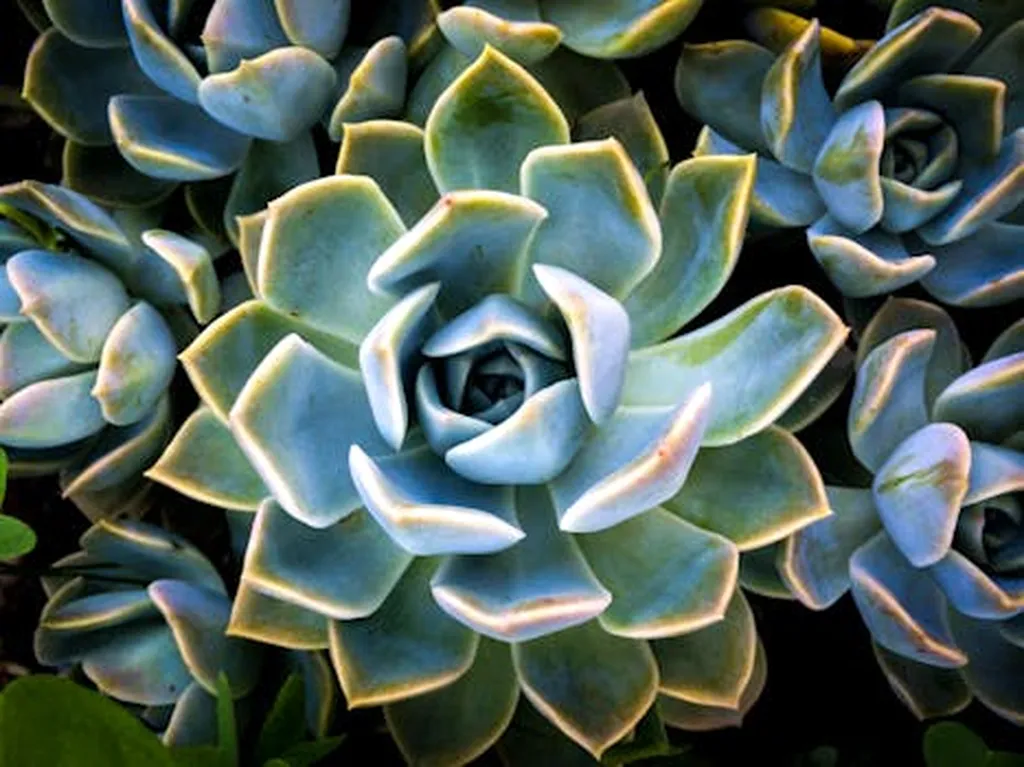In the rugged, limestone-dominated landscapes of karst regions, a resilient orchid has been thriving, offering clues to scientists about how plants adapt to challenging environments. *Bletilla striata*, a perennial orchid valued for its medicinal properties and ecological role, has been the subject of a recent study published in *Agronomy*, which delves into its remarkable ability to withstand bicarbonate-rich conditions. The research, led by Juke Zhang from the State Key Laboratory of Environmental Geochemistry at the Chinese Academy of Sciences, provides insights that could have significant implications for agriculture and ecological restoration.
The study explored the physiological and electrophysiological responses of *Bletilla striata* seedlings to varying concentrations of sodium bicarbonate (NaHCO₃). The findings reveal a fascinating dual strategy employed by the orchid to cope with stress. At lower concentrations (5 mM), the plant maintained stable physiological performance, with no significant changes in biomass, chlorophyll content, or other key metrics. However, as the concentration increased to 10 mM and beyond, the plant’s intracellular water-holding capacity, nutrient translocation, and metabolic activity all took a noticeable hit.
“Under severe stress, *Bletilla striata* shifts to a ‘low-metabolism, high-efficiency’ strategy,” explained Zhang. “This means the plant prioritizes water conservation over carbon assimilation, a crucial adaptation for surviving in bicarbonate-rich environments.”
The study also highlighted the role of xylem and phloem in transporting bicarbonate ions. While the xylem pathways dominated this process, the phloem, despite its greater sensitivity, showed an increased relative contribution under stress. This suggests a compensatory mechanism that helps the plant manage the influx of bicarbonate ions more effectively.
The implications of this research extend beyond the scientific community. For the agriculture sector, understanding how *Bletilla striata* adapts to bicarbonate stress could open new avenues for cultivating crops in similar environments. “This research provides a blueprint for developing plants that are more resilient to stress conditions,” said Zhang. “By studying these adaptive mechanisms, we can potentially enhance the productivity and sustainability of agricultural systems in challenging terrains.”
Moreover, the findings could be instrumental in ecological restoration projects. Karst regions, which cover about 15% of the Earth’s land surface, often face environmental degradation due to their unique geological features. *Bletilla striata*’s adaptability makes it a promising candidate for restoring these fragile ecosystems.
As the world grapples with climate change and the need for sustainable agricultural practices, studies like this one offer valuable insights. By unraveling the intricate mechanisms that allow plants to thrive in harsh conditions, scientists are paving the way for innovative solutions that can benefit both the environment and the agriculture sector. The research led by Juke Zhang, published in *Agronomy*, is a testament to the power of scientific inquiry in addressing real-world challenges.

